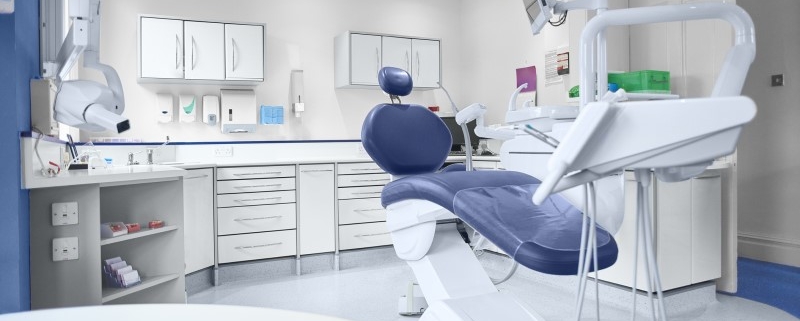Incorporating with Student Debt

There is a general impression, particularly amongst young dentists, that there is no benefit to incorporate as long as they have personal debts. There are significant benefits for a new dentist if they spend less than they earn.
Here’s an illustration that shows how a new dentist can benefit from incorporating his/her practice:
Dr. Young is a new dentist in B.C. whose net income after expenses is $200,000. Dr. Young has $500,000 of personal debt, including a mortgage on her condo and student loans. She needs $3,000 per month for living expenses plus loan payments. If Dr. Young remains unincorporated, she will pay personal taxes of $62,900 on her $200,000 income.
If Dr. Young incorporates her practice she will pay corporate taxes of only $22,000 on her $200,000 income (B.C. tax rate of 11.0%). Her annual living expenses of $36,000 plus $44,000 loan payments total $80,000, which she can draw from the corporation as a dividend. In this model, total taxes will be $31,600 ($22,000 corporate and $9,600 personal). The personal tax on the $98,000 left in the company is deferred until withdrawn.
Incorporation saves the dentist $31,300 in year one!
Keeping the money inside the company and investing nets a much larger return than if the full amount of income was used to repay debt. This assumes the return on your investments inside the corporation would at least equal if not exceed the borrowing costs. Although counterintuitive to some, there is an advantage to paying personal debt off slowly instead of waiting until all debts are paid off before investing.



